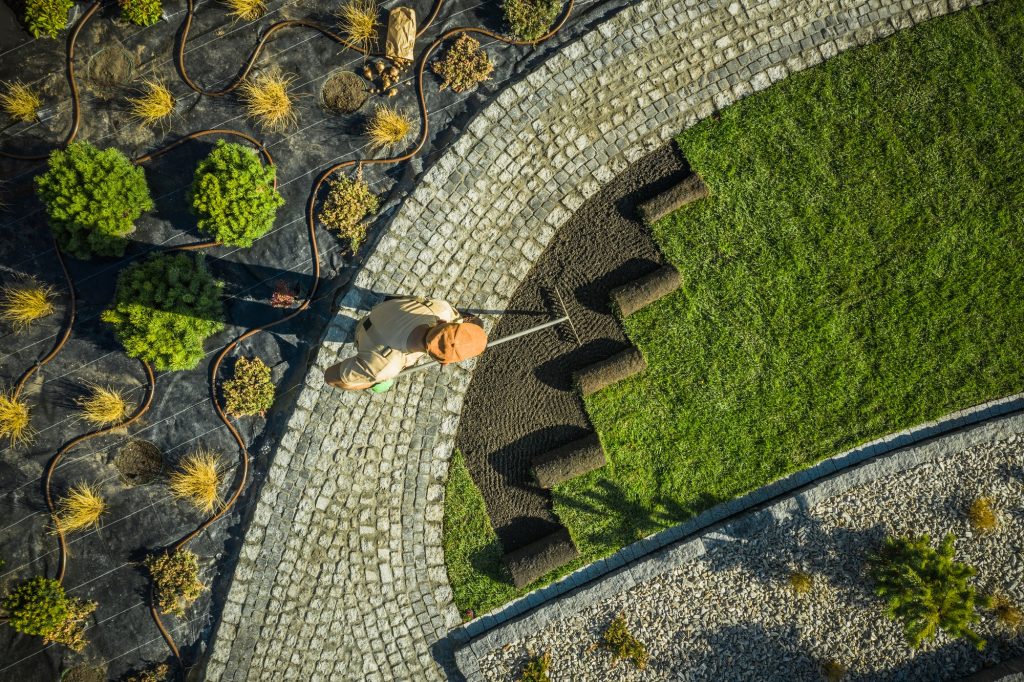Creating a low-maintenance and sustainable garden not only saves you time and money in the long run, but it also helps to protect the environment. Here are some tips for designing a garden that requires minimal maintenance and is sustainable.
First, choose native plants that are well-suited for your area. Native plants are adapted to the local climate and soil conditions, so they require less water and maintenance.
Next, incorporate a variety of textures and heights in your garden. This not only creates visual interest but also helps to create a diverse ecosystem, which can attract beneficial insects and wildlife to your garden.
Use mulch to retain moisture in the soil and reduce the need for frequent watering. Organic mulches, such as wood chips and straw, also help to add organic matter to the soil as they decompose.
Incorporate a rain garden or other water-saving features in your garden. Rain gardens collect and filter rainwater, reducing the amount of water that runs off your property and into the stormwater system.
Choose plants that are drought-tolerant and can survive in low-water conditions. These plants not only save water but also require less maintenance.
Incorporate a composting system into your garden. Composting not only reduces the amount of waste that goes to the landfill, but it also provides organic matter to your soil, reducing the need for chemical fertilizers.
Design your garden with the principles of permaculture in mind. Permaculture is a holistic approach to gardening that mimics natural ecosystems and requires minimal maintenance.
Finally, avoid using chemical pesticides and fertilizers. These chemicals can harm beneficial insects and wildlife, and can also be harmful to the environment. Instead, use natural pest control methods, such as companion planting and handpicking pests.
In conclusion, designing a low-maintenance and sustainable garden not only saves you time and money in the long run, but it also helps to protect the environment. By choosing native plants, incorporating a variety of textures and heights, using mulch, incorporating water-saving features, choosing drought-tolerant plants, composting, designing with permaculture principles and avoiding chemical pesticides and fertilizers, you can create a beautiful and sustainable garden. If you want help with designing your sustainable garden don’t hesitate to contact Elion Landscape LLC, our experts will be more than happy to help you.





